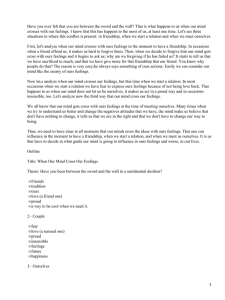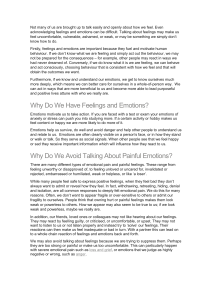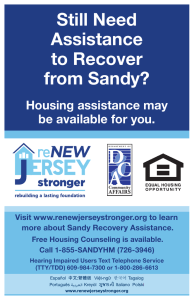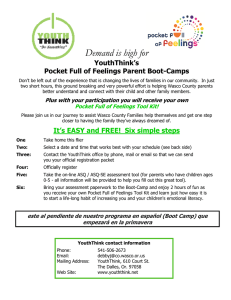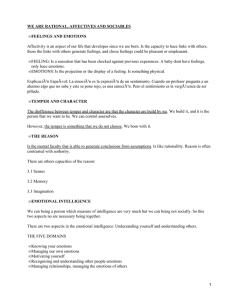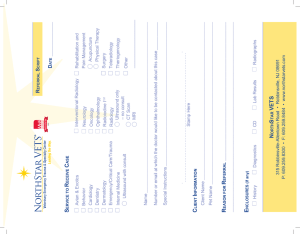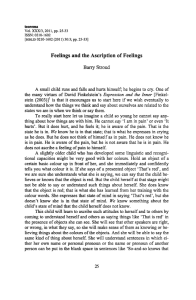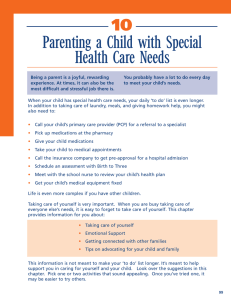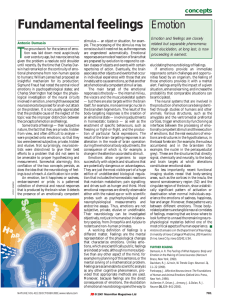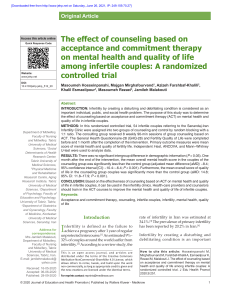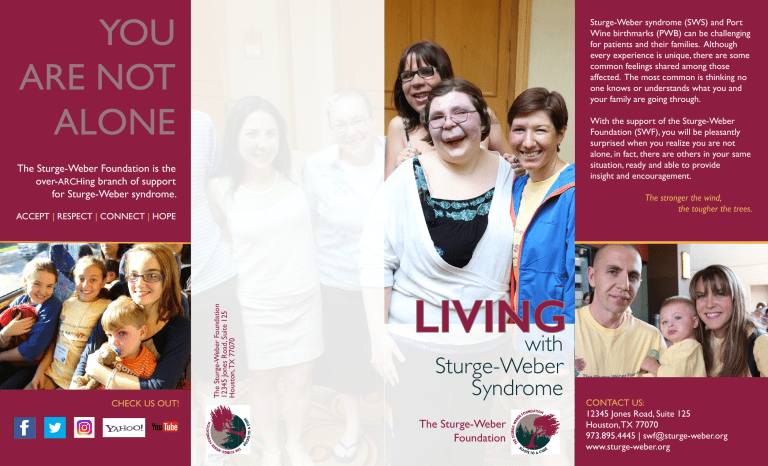
YOU ARE NOT ALONE Sturge-Weber syndrome (SWS) and Port Wine birthmarks (PWB) can be challenging for patients and their families. Although every experience is unique, there are some common feelings shared among those affected. The most common is thinking no one knows or understands what you and your family are going through. With the support of the Sturge-Weber Foundation (SWF), you will be pleasantly surprised when you realize you are not alone, in fact, there are others in your same situation, ready and able to provide insight and encouragement. The Sturge-Weber Foundation is the over-ARCHing branch of support for Sturge-Weber syndrome. The stronger the wind, the tougher the trees. CHECK US OUT! The Sturge-Weber Foundation 12345 Jones Road, Suite 125 Houston, TX 77070 ACCEPT | RESPECT | CONNECT | HOPE LIVING with Sturge-Weber Syndrome The Sturge-Weber Foundation CONTACT US: 12345 Jones Road, Suite 125 Houston, TX 77070 973.895.4445 | swf@sturge-weber.org www.sturge-weber.org Emotional Responses to SWS People who have SWS or a PWB and family members often experience a variety of feelings: s s s s s s s s s s s s Alone, withdrawn and isolated Loss, grief and sadness Fear that others may find out about condition or physical limitations Hopelessness/Weariness Anger Embarrassment and Shame Self-blame Guilt related to how their condition affects family members and caregivers For parents, guilt that they may have contributed to their child’s diagnosis For parents, helplessness in easing their child’s pain For siblings and family members, shame and anger because the condition has also affected their lives Confusion and behavioral outbursts s Gather information about SWS, treatments, research, etc., from SWF via its website at sturge-weber.org, or call 973.895.4445. s Connect with others who have SWS through SWF’s social media network groups, regional forums or the International Patient Conference. s Make decisions with physicians, family and friends regarding treatments that are right for you. s Preserve your emotional balance by learning how to manage symptoms of depression, anxiety and stress. It can be reassuring to see others who look like you and have similar experiences. Other patients who have gone through the same experiences are often the best source of advice and tangible support. Additionally, it feels wonderful to offer support to others who may be struggling with experiences you have already gone through. Being helpful to others porvides one with a sense of purpose. SWF Patient Conferences and Forums International Conference This special international conference is a 3-4 day event held every two years in various cities to provide patients, family and friends the opportunity to come together to learn more about SWS from top medical and research providers, as well as other patients who have the same condition. Attendees frequently tell us of the positive effects the conference has on their lives and the long lasting friendships that are created. Educational Forums These one day meetings feature Clinical Care Network providers s Strengthen relationships with family and friends who are willing to talk about feelings CONNECT Acceptance of SWS Accepting an SWS diagnosis is very difficult. The patient, family and friends are forced to deal with a variety of new emotions and experiences that can be confusing, emotionally and financially draining. Here are some ways to help prepare and enable acceptance of SWS: s Pursue positive areas of life (work, education, personal growth, exercise, health, recreation, relationships). The Importance of Connecting SWF has support available around the world. It is often beneficial to share your feelings with others who have experienced many of the same things you have. SWF and its members often have regional gatherings for support and networking. If there is not a gathering in your area, you may want to consider starting one. No prior experiences leading a group is necessary; you would simply be providing a safe and confidential environment to share experience, including your own. Support and networking provides a sense of normalization, acceptance and understanding. informing attendees of new clinical and scientific research and quality of life topics. They also provide a forum to meet and connect with other individuals and families. Know When to Seek Counseling For many, SWS is a traumatic experience, not only for the patient, but for parents and other family members. Many who have life trauma experiences find it helpful to talk with a mental health professional who can work with them to manage feelings and learn to accept and live with their condition. The best way to know if you should seek professional counseling is to examine how SWS is affecting your life. If you are experiencing intense and overwhelming feelings that cannot be controlled over a period of time, counseling should be considered. Examples of this are; you no longer participate in activities that use to be enjoyable to you; you are frequently missing work or school; or you no longer talk or reach out to those close to you and begin to isolate yourself. Again, we highly recommend the regional gatherings SWF offers as these can alone provide sufficient help. However, counseling from a professional counselor is very beneficial and provides a safe environment to share confidiential matters. Professional Counseling To find a professional counselor, we recommend asking your primary care physician for a referral. Another option is to call your local mental health association or crisis hotline and ask for a referral. Many healthcare plans provide information on local counselors. Consider asking a friend or fellow SWF member for a referral or personal recommendation. The SWF is here to assist you in any personal matter with a friendly and confidential manner at the time of your choosing. Together, we can survive and thrive through any season of life.

